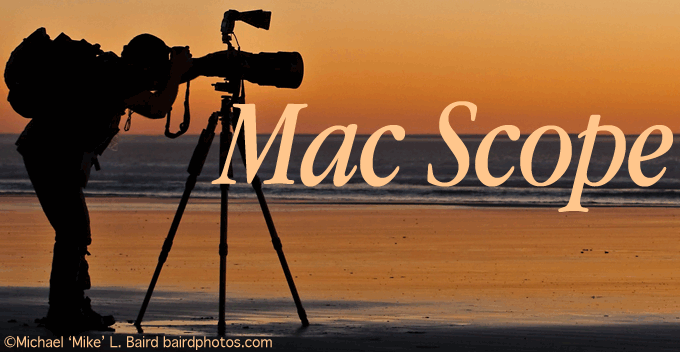2002: I always find spin amusing. Microsoft’s victory last week sends pretty clear messages that are being spun every which way. The following is a list of messages I gleaned from the ruling.

Message One
If you are sufficiently rich, you can get away with just about anything.
Microsoft is one of the richest and most powerful companies on the planet. They achieved their riches through illegal business practices and then turned their riches to lobbying efforts, smear campaigns, and stamping out or buying up the competition. It’s clear who’s running the show here.
While plenty of lip service is paid to “people voting with their feet,” I’m certain that when you cut off any alternatives (or make those alternatives seem unappealing), you become the de facto choice. People can no longer really “vote with their feet.” So who really holds the power? The little guy? Think again.
Message Two
Say the opposite of the truth.
This ties in closely with message one. Essentially, if you say it’s a victory for the consumer, consumers will likely believe you. Tie it to something unrelated, and it will sound even better. John Ashcroft’s take on the ruling is an excellent example of this. According to Ashcroft, the ruling will “provide certainty and stability in a vital sector of America’s economy.” Wonderful. The economy will be saved because Microsoft will have the opportunity to stifle innovation.
The truth of the matter is that Microsoft gave up very little in this settlement. Microsoft can continue to abuse competitors (through predatory business practices) and businesses and consumers (by charging outrageous prices, limiting choices, and pushing the subscription software model).
But always remember that Microsoft is good because Microsoft means stability. And in these uncertain times, that’s worth a lot, isn’t it? Not to me, but your opinion may differ.
Message Three
Even if you’re wrong, people get tired of hearing about it and will encourage everyone to “move on.”
This can also be considered the “grind the bastards down” message. Microsoft is an illegal monopoly. There is no question about that. Tough remedies are required to curb Microsoft’s worst tendencies. However, after almost a decade of wrangling, it seems that the fight has gone out of the prosecutors. It’s just easier to leave it all behind. Let’s take what we can get and go home. Half a pie is better than no pie at all.
Undoubtedly, this was a part of Microsoft’s strategy since this whole case started. Anyone remember the “swift resolution” that was expected “within a year”? For some strange reason, that didn’t happen. Is anyone surprised? Let’s hope not.
California Attorney General Bill Lockyer puts a brave face on throwing in the towel: “My initial inclination is to aggressively work to implement this judgment,” he said. “My inclination is to devote resources to enforcement of the new agreement rather than start a new fight.”
Translation: Let’s spend time and money eating half the pie instead of spending time and money going for the whole pie.
It’s clear that Microsoft is laughing all the way to the bank on this one. And the joke’s on the consumer.
Further Reading
- U.S. vs. Microsoft: The Overview; Judge Backs Terms of U.S. Settlement in Microsoft Case, The New York, Times, 2002.11.02
- U.S. v. Microsoft: Timeline, Wired, 2002.11.04
- A Judge Ordered Microsoft to Split. Here’s Why It’s Still a Single Company, Time, 2002.11.05
- Microsoft Ruled a Monopoly: Court Finds Firm Abused Its Power, SFGate.com, 2002.11.06
- United States v. Microsoft Corp., Wikipedia
keywords: #microsoft #monopoly #microsoftmonopoly #usvmicrosoft
short link: https://goo.gl/4e3NTf

